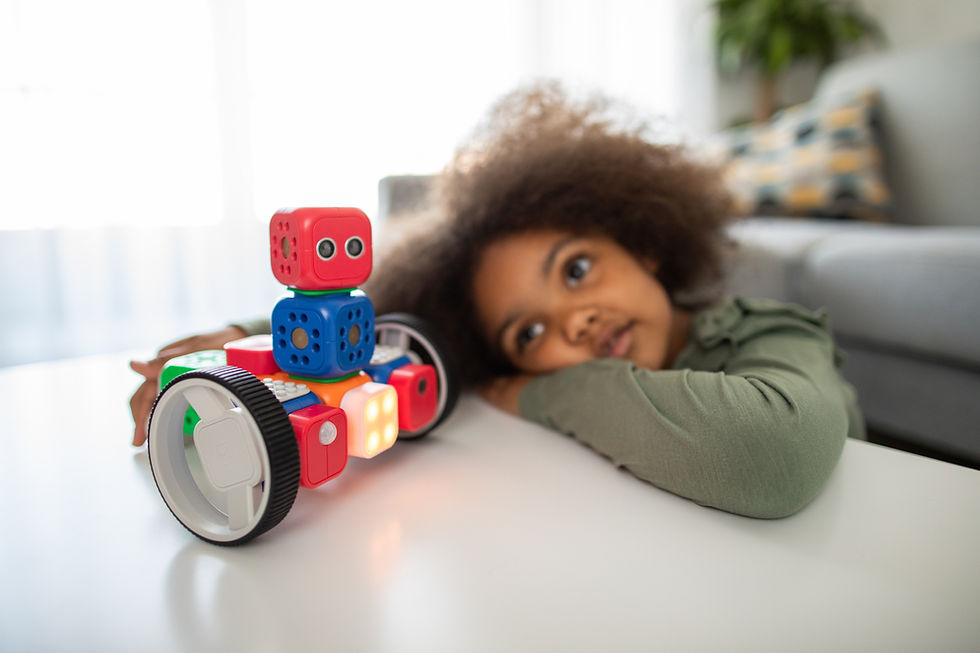What age should you start to implement myopia control strategies?
- Jason Higginbotham

- Sep 5, 2022
- 2 min read
Updated: Apr 20, 2023
"Let's leave it for a while; they'll grow out of it". That might be the case for some childhood conditions, but when it comes to eyesight in general and myopia in particular, the earlier the intervention, the better.
One 2020 study commented that: “the sooner myopia appears, the greater the progression will be.” [1]
That study examined the impact of using MiSight contact lenses. These lenses, and others like them, serve a dual purpose of correcting a child's vision whilst also affecting how light is managed as it enters the eye, creating conditions which may slow down the eye's growth impetus. These are a range of options available to optometrists as part of a myopia management strategy.
Quite simply, left unchecked, myopia can progress throughout childhood and the teenage years. This can leave individuals with lifelong levels of high myopia. This could increase the chance of developing further eye problems in later life, from detached retina and cataracts to glaucoma or blindness.
That’s why optometrists recommend taking action as soon as a child’s susceptibility to myopia has been identified.
This is where regular and early eye checks can be so necessary. One Australian optometrist comments that, on average, it is normal for children to be long-sighted until the age of six or seven.[2] Any indication that a child is becoming less long-sighted or even short-sighted at an early age could mean it is time to start myopia control strategies.

Heredity, too, can play its part, with the chance of a child developing myopia increasing if one or both parents have myopia. Here again, this is a reason for vigilance, as are other trigger factors such as excessive screen use and a lack of outdoor time. A Chinese study highlighted the impact that indoor and screen time can play when it reported the effects of lockdown.[3] It concluded that particularly in six- to eight-year-old children, the prevalence of myopia was far higher than seen previously.
The authors hypothesised that younger children might be more susceptible to environmental factors. These conclusions were supported by another study reported in the BMJ, which commented that "early exposure to daylight could have a beneficial impact on the development of myopia." [4] If this is the case, then it is never too soon to implement myopia control strategies. Even before myopia has been diagnosed, parents could take simple steps such as managing screen time, ensuring outdoor play, and providing a balanced diet. Measures such as these are not guaranteed to prevent myopia but could help delay its onset or slow its progression, leading to better eye health throughout a child's life.
If you're a parent whose child has been diagnosed with myopia or if they are struggling with their distance vision, we hope you found MyopiaFocus helpful. Please join our community or sign our petition to get the government and NHS to recognise myopia as an ocular disease/severe ocular condition and fund myopia management for children.




Comments